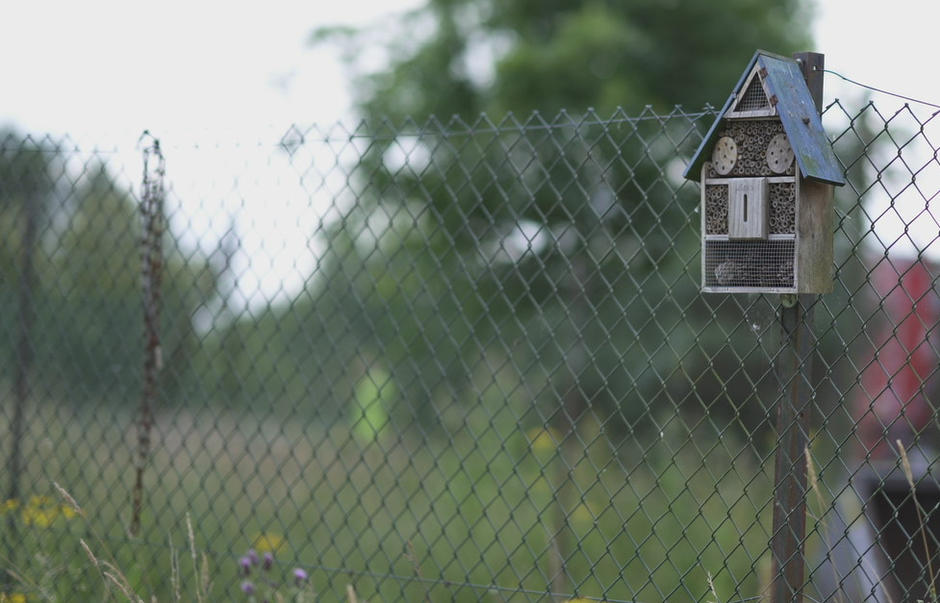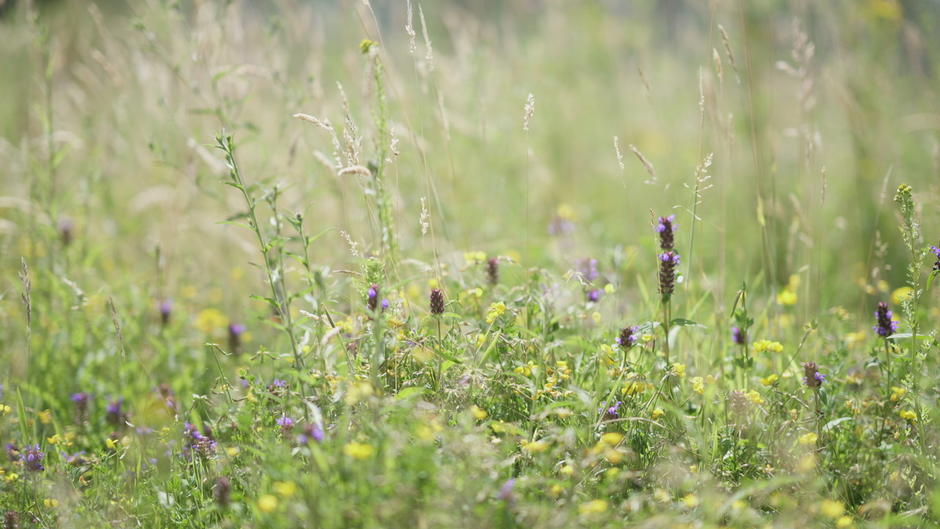> When we think of Ecological Transformation, we think globally.
> But it’s just as important to think locally about biodiversity, especially on our own sites where we’re regenerating resources by recycling materials and water.
> Come with us on a tour of Alton Materials Recovery Facility to see how we’re delivering ecological transformation, one recycled bottle and new wildflower at a time.
The resources and waste industry is more often associated with bins than butterflies but they have more in common than you might think with the Environmental Services Association’s (ESA) release of an update to their Biodiversity and the Resources and Waste Management Industry: Best Practice Guide.
Inherent in the industry’s core activities is the regeneration of resources to reduce demand on raw materials. According to the United Nations, the extraction and processing of such materials, along with fuels and food, is responsible for over 90% of biodiversity loss. Therefore, whilst what we do everyday to regenerate resources helps to protect our environment, there is always more that we can do to not only preserve, but bolster biodiversity.
At our Materials Recovery Facility (MRF) in Alton, we process 60,000 tonnes of recycling from the residents and businesses of Hampshire every year, salvaging valuable materials to turn back into new products.

Since 2004, we’ve been recycling more than the usual materials that pass through a MRF though. Whilst the recycling process at Alton requires no water, the facilities used by over 90 operatives on site do, and with no access to the local drain network, we looked to nature for the solution.
Reed beds were introduced to the 7 acre-site in Hampshire along with a septic tank to safely treat wastewater. The tank does the initial work of allowing larger particles to settle to the bottom so the water can flow slowly to the reed bed. Here, naturally occurring bacteria, fungi and microorganisms break down the remaining biological solids in the water.
Each month, the treated water is sampled to ensure it’s safe, before entering an irrigation system which feeds the surrounding green space with freshwater and nutrients which are helping wildflowers thrive on site.
Alton is just one of many sites across the UK at which we’re monitoring, reporting and putting in place action plans to protect and enhance biodiversity. More so, Veolia has also been exploring ways to improve biodiversity by adopting digital technology to assess habitats and species in a different way. Since 2022, we’ve been using Leko boxes at our Kingswood office to determine the presence of bioindicators - living organisms identified in a local environment to screen the health of the natural ecosystem. These devices allow us to count species’ population numbers and record their behaviours, using this data to inform our management plans at one of our head offices in Kingswood.
Leko is an innovative technology and a UK-first, helping us to monitor bats, birds and grasshoppers and with future development, we’ll begin monitoring amphibians and field mice.

Didn't know we could regenerate water too?
Get in touch to find out how we can help your business with waste, water and energy.


